
Eating a Handful of This Leafy Green Is as Valuable as “Ginseng for the Poor”
Eating a Handful of This Leafy Green Is as Valuable as “Ginseng for the Poor” — Grows Wild in the Countryside but Few People Know
This leafy green, rich in vitamin C, is a powerful natural defense booster that helps strengthen immunity and protect against disease.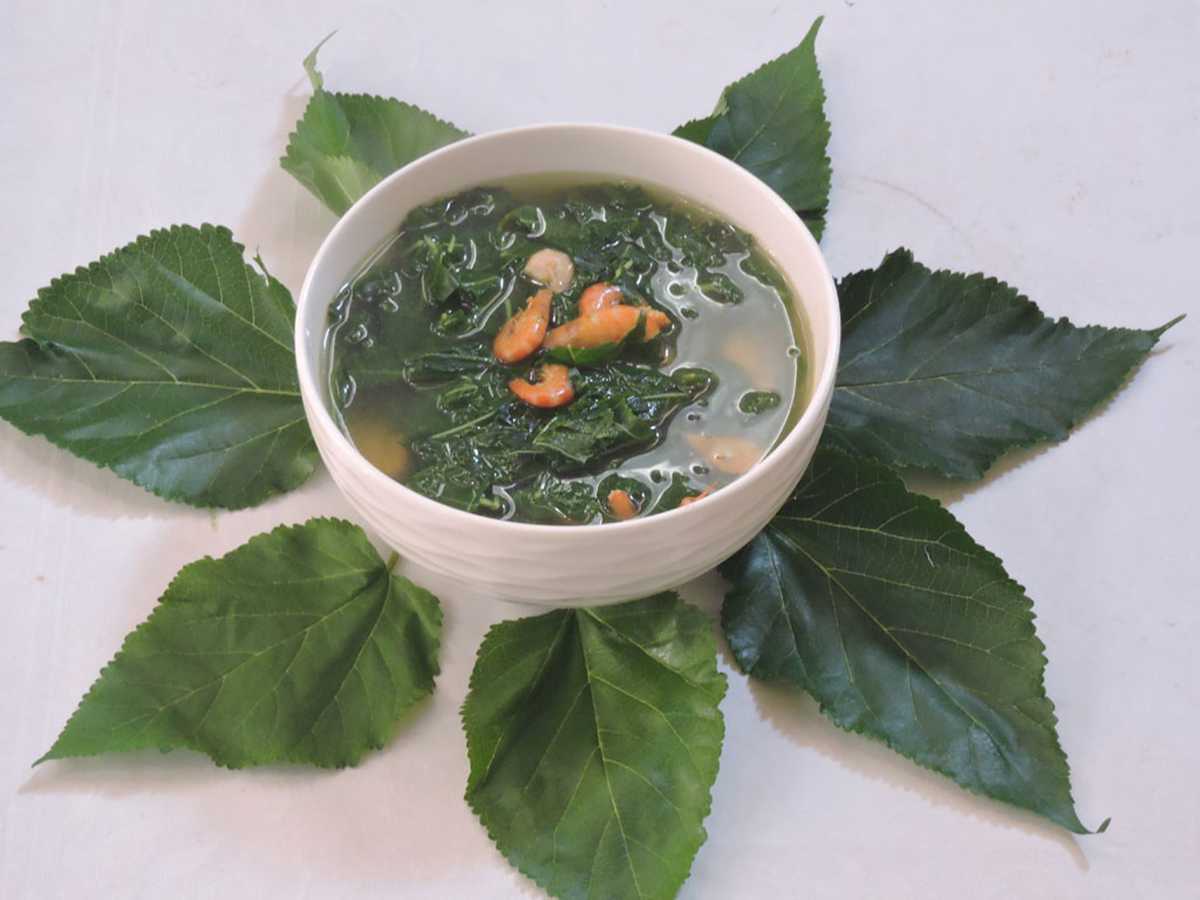
The mulberry tree is familiar to many, often thought of as nothing more than food for silkworms. Few people realize its incredible health benefits, which can make it a worthy addition to your diet.
Not only the fruit but also the leaves and even the bark of the mulberry tree are beneficial. The fruit is commonly used to make wine or syrups, while the leaves are known for feeding silkworms. However, mulberry leaves are also a popular medicinal herb in traditional Eastern medicine.
1. Lowers Blood Sugar
Mulberry leaves have long been used in traditional medicine to help manage diabetes. Scientific research has confirmed their ability to lower blood sugar levels.
The leaves contain alkaloids that inhibit enzymes involved in sugar metabolism and polysaccharides that stimulate β-cells to secrete insulin. This helps the body use glucose more effectively and lowers blood sugar levels.
Some active compounds in mulberry leaves also slow the breakdown of carbohydrates into simple sugars, preventing sugar absorption and helping maintain stable blood sugar levels.
Note: While mulberry leaves are beneficial, people with diabetes should consult their doctor before using them regularly to ensure safety and suitability.
2. Reduces Cancer Risk
Eating mulberry leaves as a leafy green has been shown to be very good for your health. Antioxidants like beta-carotene and ascorbic acid found in the leaves can help neutralize free radicals, protect cells from damage, and reduce the risk of cancer.
3. Rich in Nutrients
Known in traditional medicine as Tang Diep (Folium Mori albae), mulberry leaves contain a range of beneficial compounds: gelatin, carotene, tannins, vitamins C, B1, B2, choline, adenosine, trigonelline, natural sugars (fructose, sucrose, glucose), folic acid, glutamic acid, glutathione, and minerals like copper, zinc, and boron.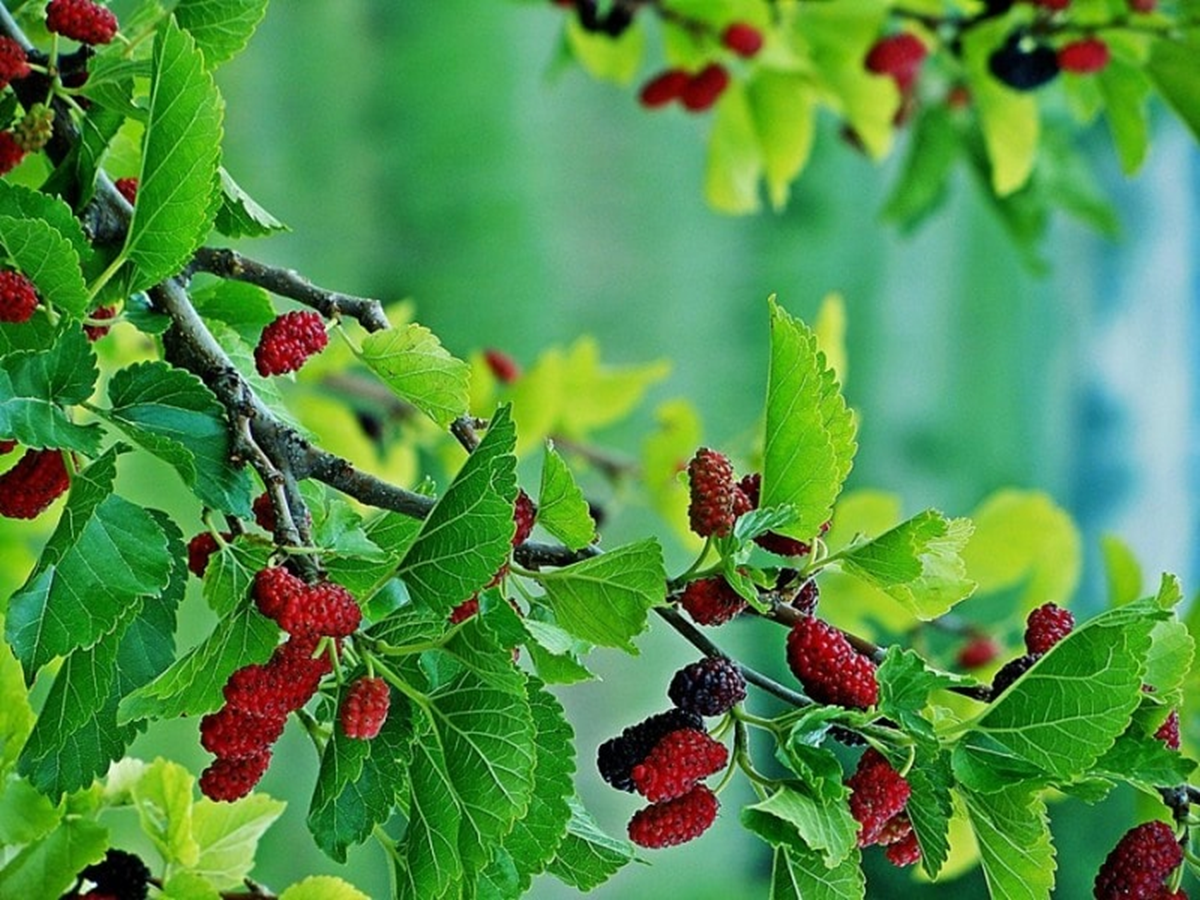
According to traditional Chinese medicine, mulberry leaves are slightly bitter and cold in nature, beneficial for the lungs and liver, and used to:
-
Dispel wind-heat
-
Clear lung heat
-
Relieve coughs
-
Brighten the eyes
They're used to treat colds, sore eyes, bronchitis, dry coughs, and thirst.
4. Boosts Eye Health
Both the fruit and leaves of the mulberry tree are great for the eyes. When made into mulberry tea, the leaves provide high levels of vitamin A, which supports vision, reduces eye fatigue, and helps prevent retinal degeneration.
5. Supports Strong Bones and Teeth
Mulberry leaves are rich in calcium, which helps build and maintain strong bones and teeth.
6. Natural Fever Reducer
Mulberry leaves can act like a natural paracetamol, helping to reduce fevers and speed up recovery. They’re also more affordable than pharmaceuticals and don’t have side effects. In addition, the leaves help lower blood pressure, fight bacteria, reduce inflammation, kill viruses, cleanse the liver, and enhance eyesight.
7. Improves Sleep Quality
Compounds in mulberry leaves have soothing effects on the nervous system, helping alleviate sleep disorders and improve insomnia.
8. Lowers Bad Cholesterol
If you have high levels of LDL cholesterol or triglycerides, mulberry leaves can help. Regular consumption may reduce bad fats in the blood, improving cardiovascular health overall.
9. Effective for Treating Jaundice
In traditional medicine, mulberry leaves are also used to treat jaundice, heat-induced headaches, and symptoms caused by excessive humidity. They promote urine secretion, reduce yellow urine and red eyes, and help detoxify the body. These leaves also assist in managing liver heat, liver hyperactivity, and provide some liver protection.
10. Anti-Inflammatory Benefits
Mulberry leaves also help reduce swelling and redness, making them useful for treating skin inflammation.
Folk Remedy: Mulberry Leaf Soup with Century Egg and Pork
Ingredients: Mulberry leaves (young tips), century eggs, pork tenderloin, scallions, ginger, garlic.
How to prepare:
-
Use young mulberry leaf tips—older leaves are tougher and more bitter.
-
Wash leaves with salt and a bit of edible baking soda. Soak for 10 minutes, rinse 2–3 more times, and drain.
-
Steam 4 century eggs for 3–5 minutes. Then steam mulberry leaves for another 3 minutes to remove bitterness.
-
Rinse the steamed leaves again, then squeeze out excess water and set aside.
-
Cool the eggs in cold water, peel, and cut into pieces.
-
Thinly slice pork tenderloin and chop into small bits.
-
Prepare seasonings: julienned ginger, minced garlic, and chopped scallions (white and green parts separated).
-
Heat oil in a pan, stir-fry pork until browned. Add white scallion, garlic, and ginger; stir until aromatic. Add sliced eggs and sauté briefly.
-
Add boiling water (to keep the soup clear), then season with salt, chicken bouillon, five-spice powder, and white pepper. Boil for 3 minutes.
-
Finally, add the steamed mulberry leaves, a handful of dried shrimp, and some goji berries. Boil for 2 more minutes, then serve.
This soup is cooling, nourishing, and ideal for summer—a perfect example of how to turn a wild, humble green into a delicious health-boosting dish.
News in the same category

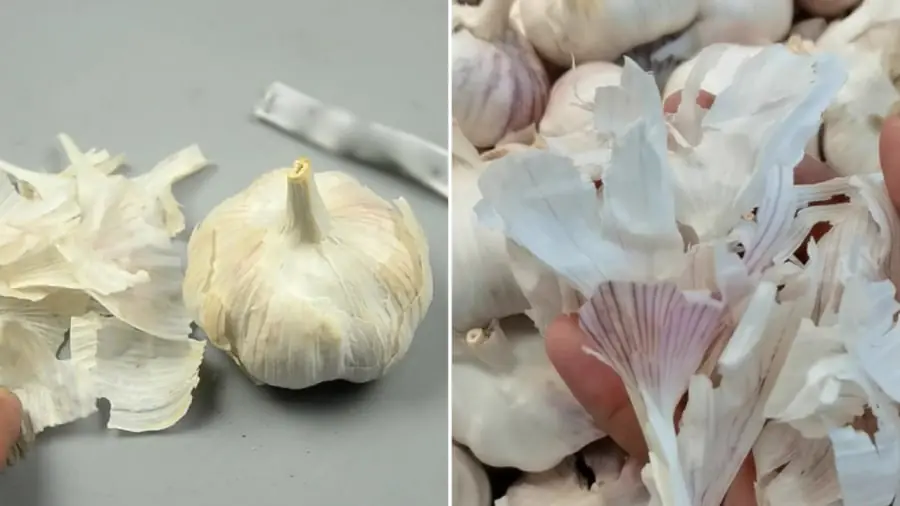
Garlic Skins Have 4 Surprising Benefits

The Surprising Use of the Small Hole on Padlocks That Many People Don’t Know
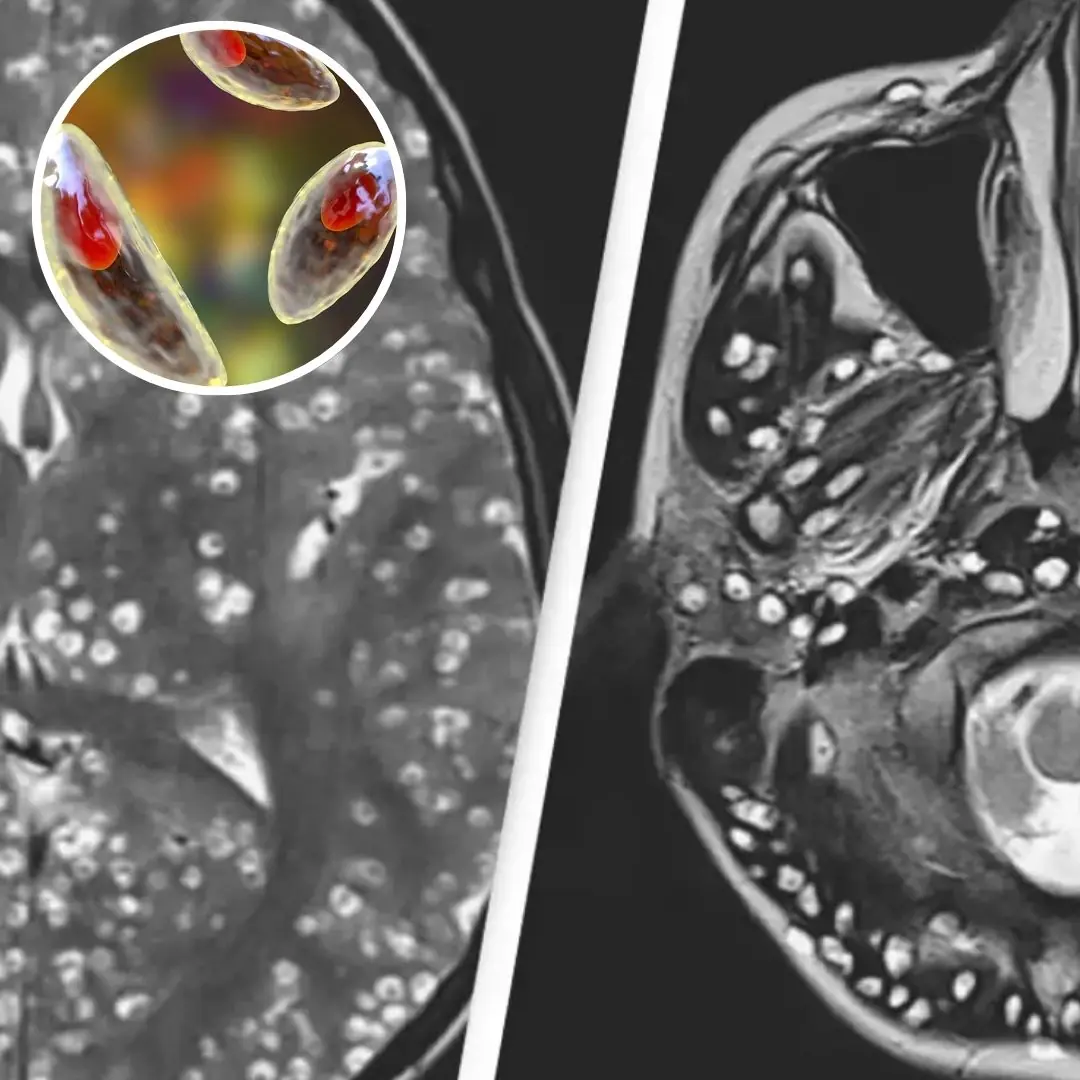
Te.r.r.ifyi.ng study finds 30% of Americans could be infected with parasite that has ho.r.r.i.fic impact on brains

New study claims having these specific dreams every week 'triples' your r.i.sk of an early d.e.a.t.h

Doctor Reveals: People with These 6 Morning Habits Tend to Look Younger and Live Longer

How Will Your Blood Pressure Change If You Eat Bananas Every Day?
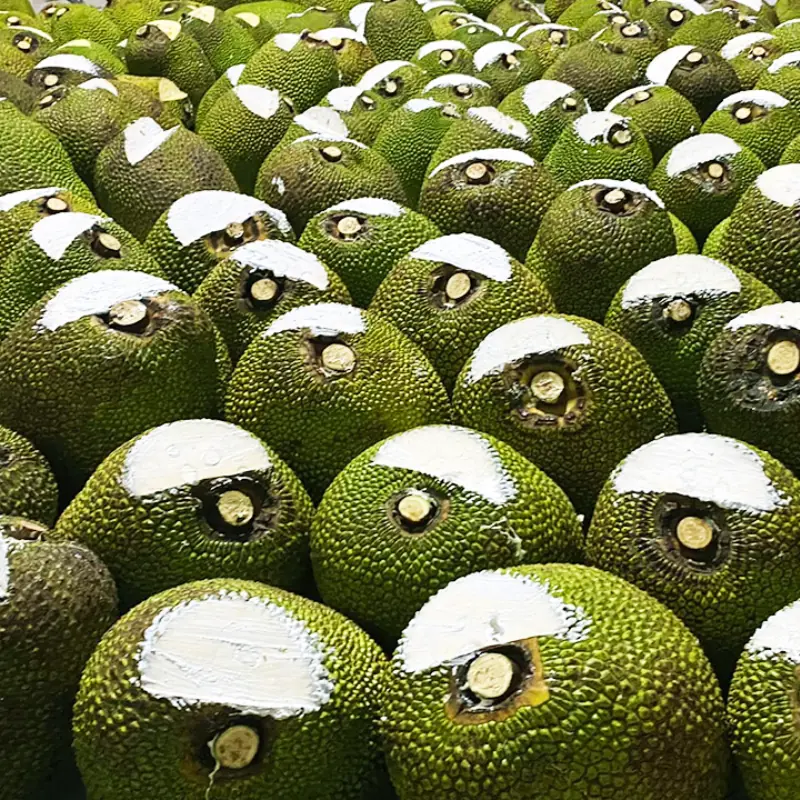
Jackfruits with White-Painted Tops
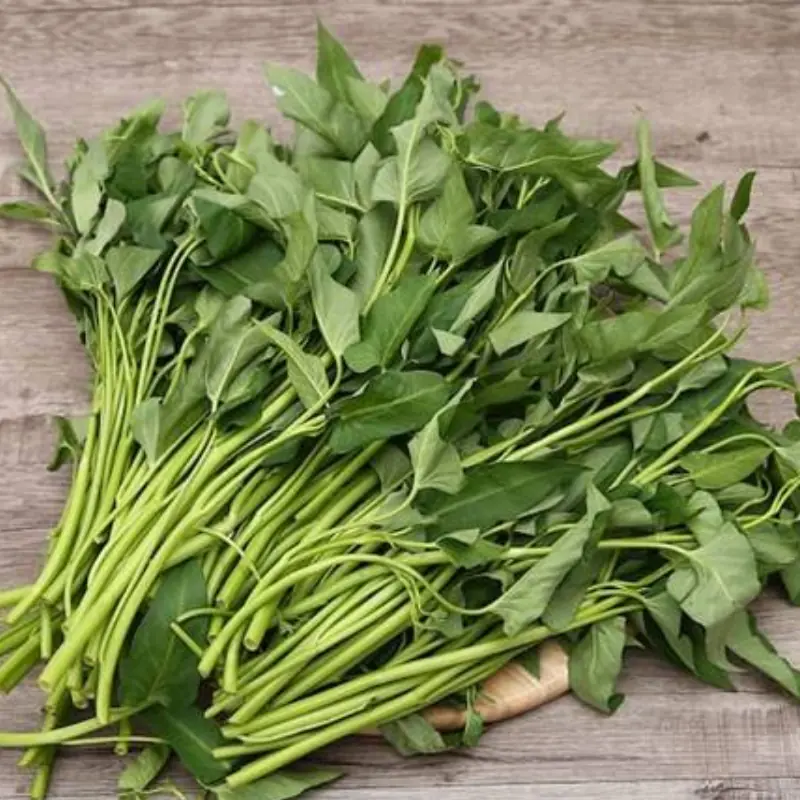
Experts Warn That Some Vegetables Are a Source of Toxins and Should Not Be Eaten Raw

The Most Nutritious Part of the Chicken—“Pricier than Gold” Yet Often Thrown Away by Home Cooks

6 Smart Tips for Choosing Quality Honey Sellers Don’t Want You to Know

Doctors Warn: This Common Way of Eating Boiled Eggs Can Clog Your Arteries
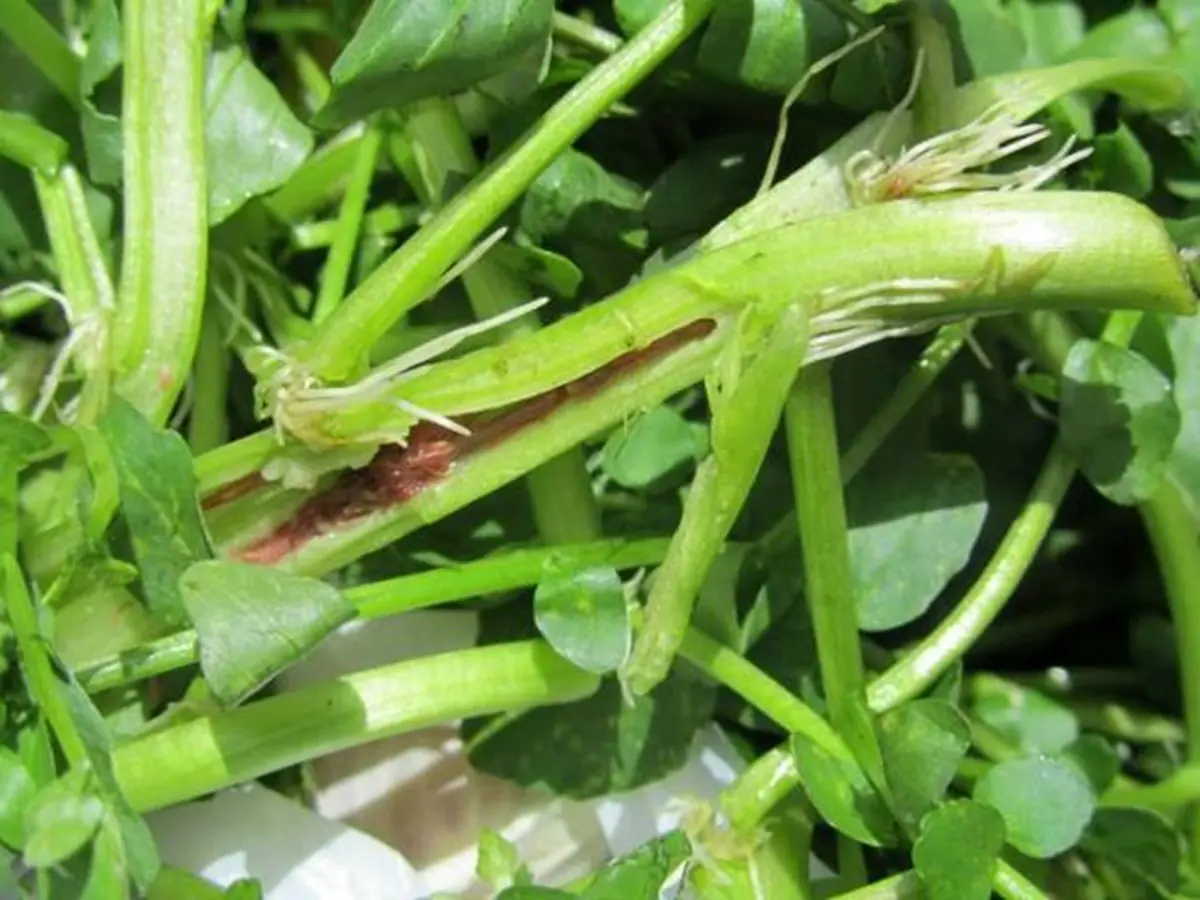
2 Common Vegetables That Can Harbor Parasites

The 'Vitamin C King' of the Vegetable World

Avoid Swimming If You Spot 'Square Waves'
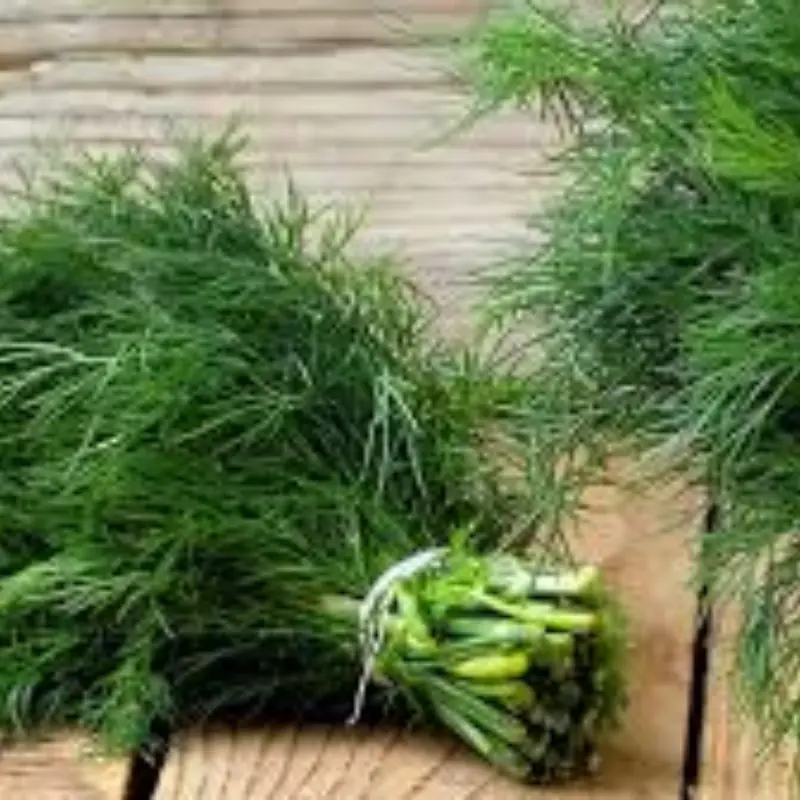
3 Green Vegetables Called the “King” of Sto.mach Protection

Why You Should Not Bring Seeds on a Plane: A Detailed Explanation

10 Powerful Reasons a Simple Smile Can Change Your Life

3 Common Mistakes in Storing Watermelon During Summer
News Post

Put orange peel in the refrigerator, you will be surprised with its "golden 10" uses

Golden hours to know to drink coffee to maximize health benefits

Silent signs of kidney can.cer are easily overlooked

Garlic Skins Have 4 Surprising Benefits

Don’t Just Add Water to Rice—Add This for Softer, Tastier Rice That Lasts Longer Without Spoiling
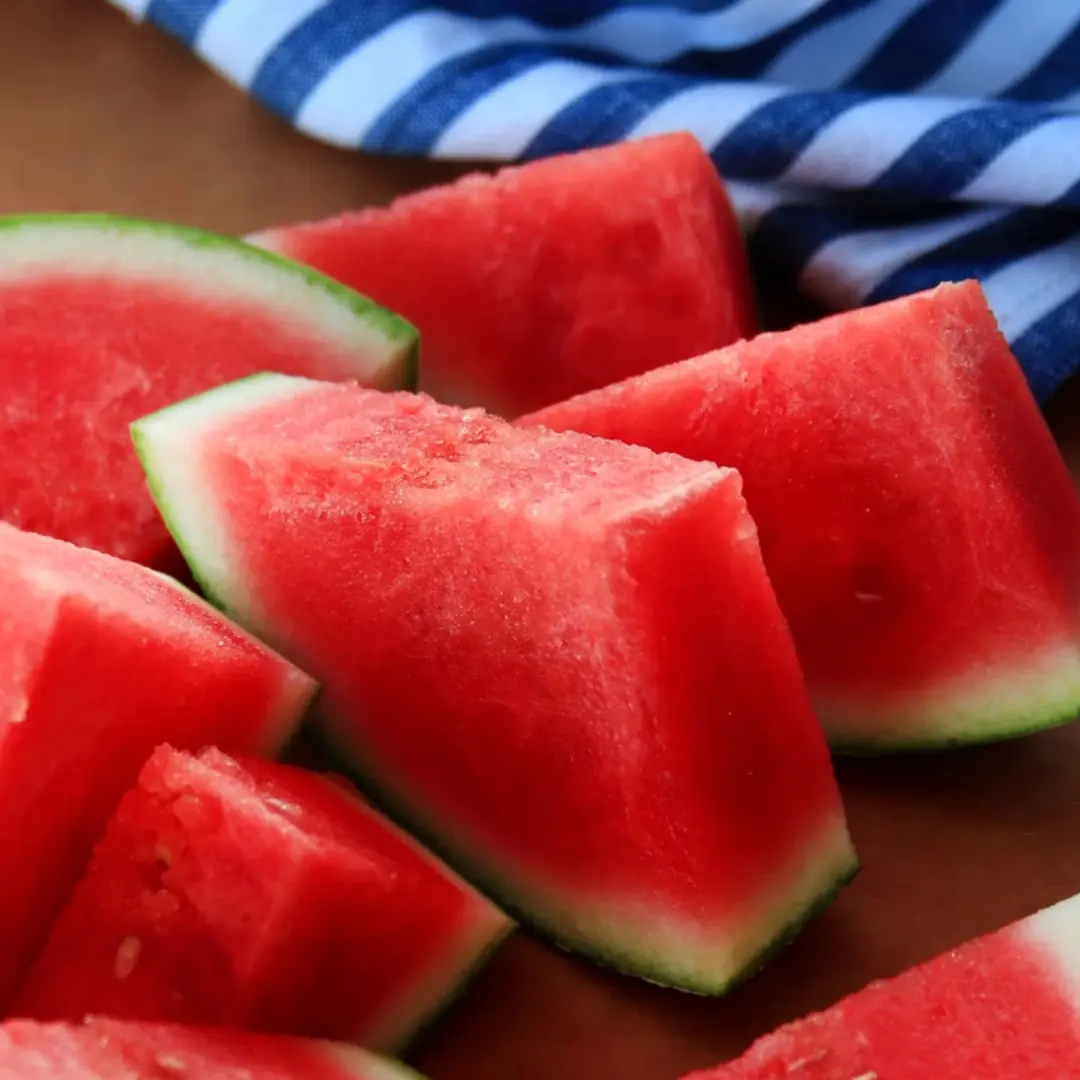
Diabetes Alert: 6 Fruits That Could Sabotage Your Bl.o.od Sugar Levels

Throwing away coffee grounds is like throwing away money. Uses of coffee grounds that every home needs

The Surprising Use of the Small Hole on Padlocks That Many People Don’t Know

These 3 vegetables have a high risk of causing ca.n.cer. Know early to avoid them and tell your loved ones!

If you suddenly wake up between 3:07 and 3:15 a.m., you must be very careful.

Te.r.r.ifyi.ng study finds 30% of Americans could be infected with parasite that has ho.r.r.i.fic impact on brains

New study claims having these specific dreams every week 'triples' your r.i.sk of an early d.e.a.t.h

Doctor Reveals: People with These 6 Morning Habits Tend to Look Younger and Live Longer

14-Year-Old Patient Suffers Facial Paralysis Due to Common Habit During Hot Weather

How Will Your Blood Pressure Change If You Eat Bananas Every Day?

Jackfruits with White-Painted Tops

Quit Nail Biting: A Gentle But Effective Solution

Experts Warn That Some Vegetables Are a Source of Toxins and Should Not Be Eaten Raw
